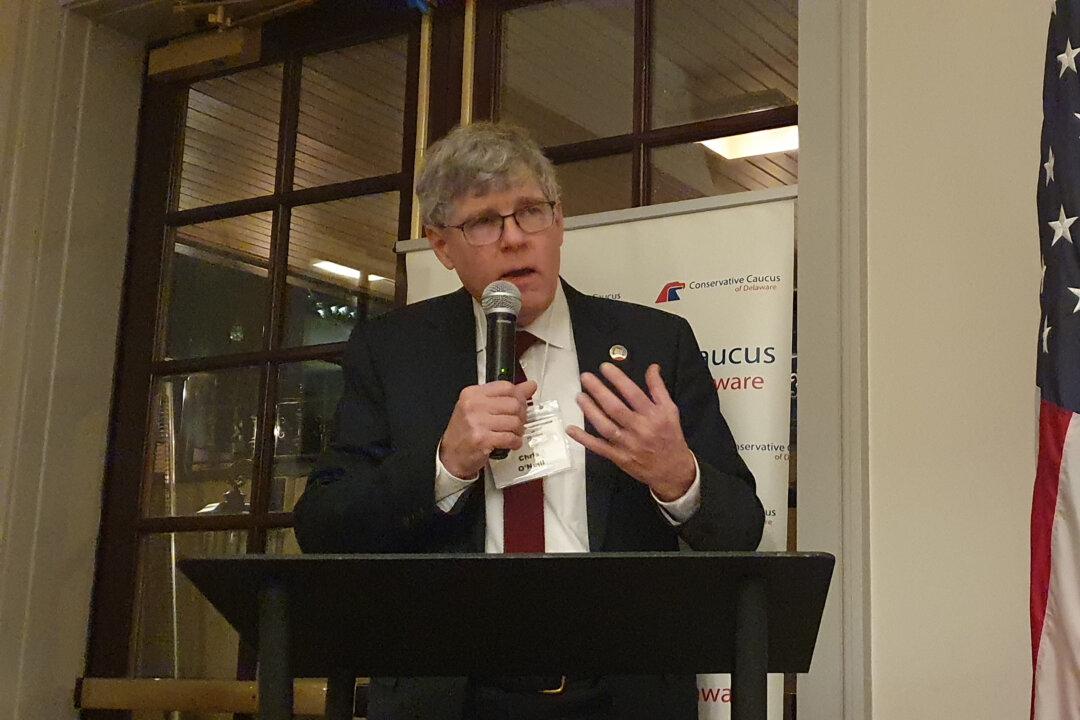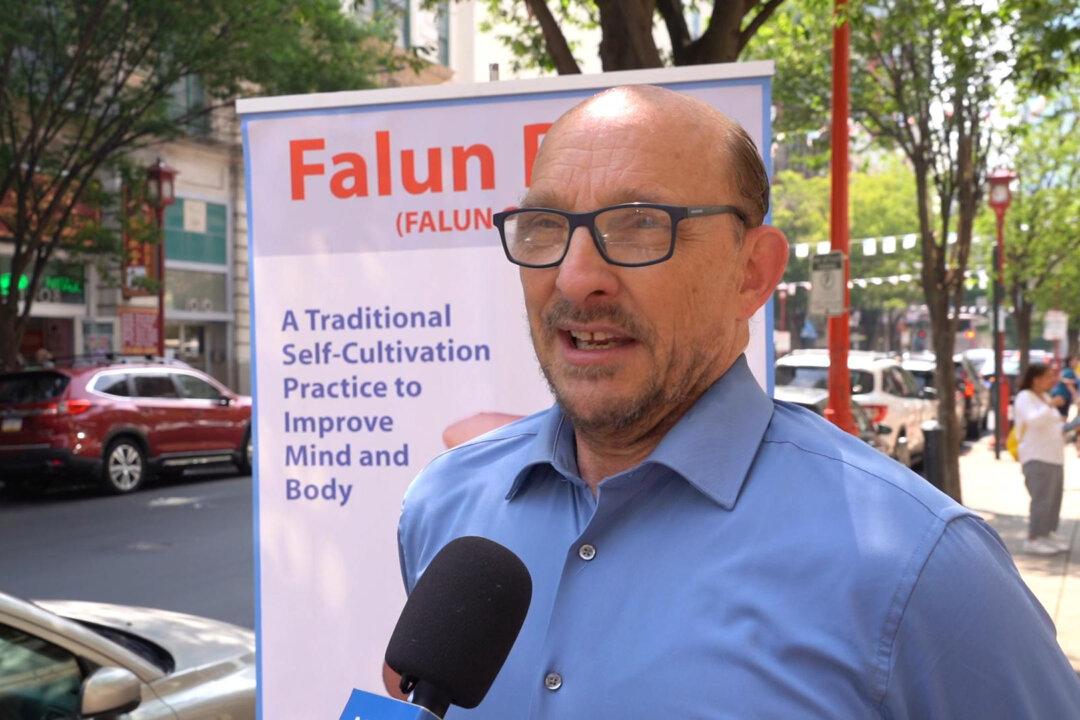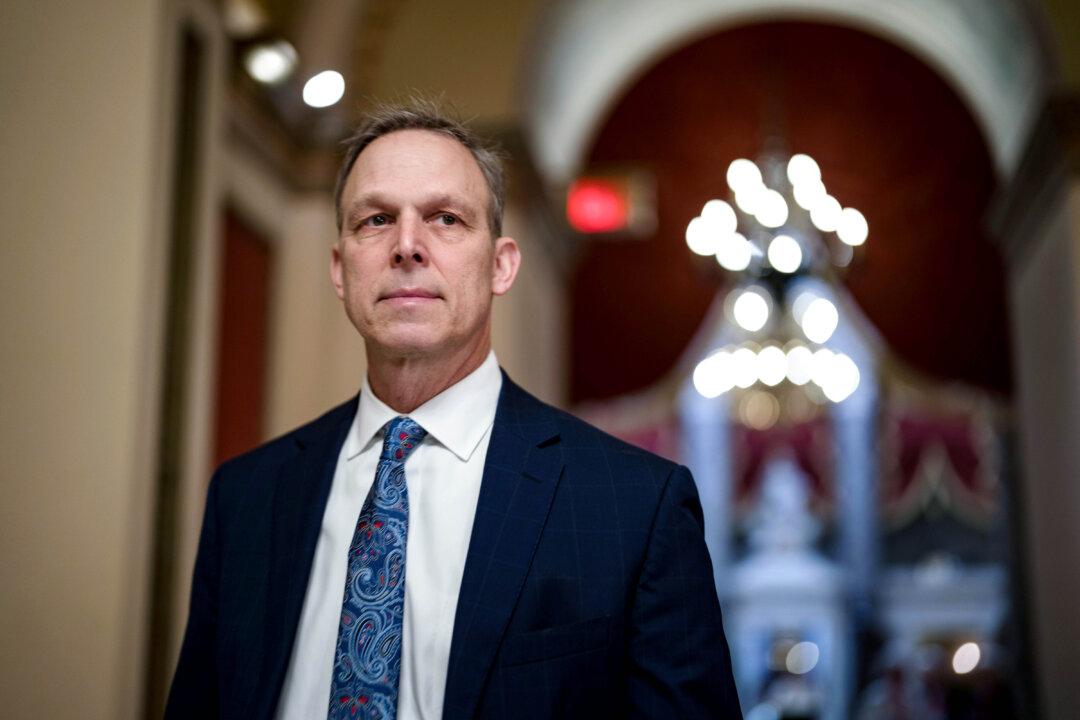“This is the first case in which a foster care agency has won at the Supreme Court, and the first time the court has spoken on that particular issue.” Nick Reeves, an attorney at the Becket Fund for religious liberty, told The Epoch Times last Friday after the U.S. Supreme Court unanimously ruled on June 17 that Catholic Social Services (CSS) in Philadelphia was free to turn away same-sex couples as foster parents on grounds of religious freedom.
“The Supreme Court has, for a number of years, been ruling in favor of religious liberty. And it’s an important Constitutional right that the court has protected,” he added.




